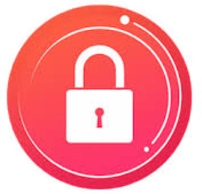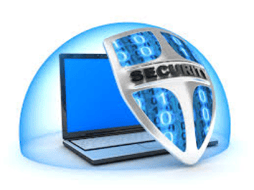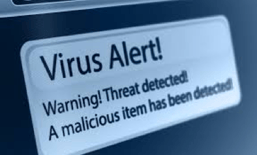Worried about your personal information being stolen online? Here are some helpful tips to follow to make sure all of your important info is well protected
- Set Secure Passwords
- Don’t use the same password twice and each password should be at least 8
 characters,
characters,
with a combination of uppercase, lowercase, numbers, and special characters.
- Don’t use the same password twice and each password should be at least 8
- Password Protect All Devices
- Make sure to have a password feature on any internet-enabled device
- Locking all of their devices including computer, tablet and telephone with secure passwords will keep prying eyes out and protect information in case these devices are lost or stolen
- Be Sure to Log Out

- Whenever you are done using your device make sure to log out of the account to avoid exposure to potential security and privacy risks
- Never Store Financial Information Online
- While it may be more convenient to have them saved it increases the risk of a data breach
- Beware of Phishing
- Phishing is when a computer hacker tries to give you to give up personal information by
 pretending to be a legitimate entity
pretending to be a legitimate entity - Avoid these scams by never opening an email from someone you don’t know, don’t click on sketchy links, and don’t click to confirm any personal information online
- Phishing is when a computer hacker tries to give you to give up personal information by
- Use a Security Software Program
- Install Security Software from a reliable source and routinely run anti-virus checks
- Be wary of pop up advertisements as they could be malware attempting to infect your device
- Be Wary When Posting Pictures

- Before posting photos online, consider what personal information you’re sharing with the public such as ages of your children, your economic status, street addresses, etc.
To Read More about Cyber Security for Seniors: Click Here






